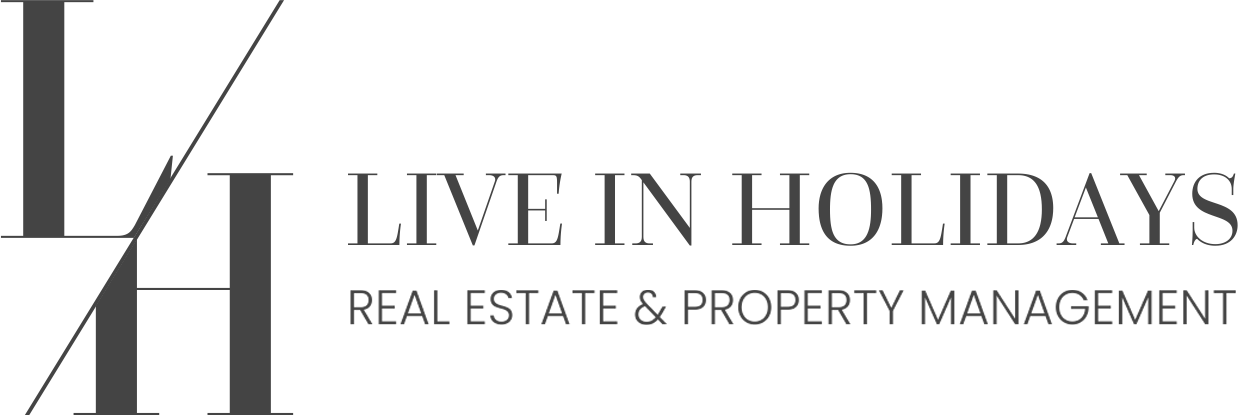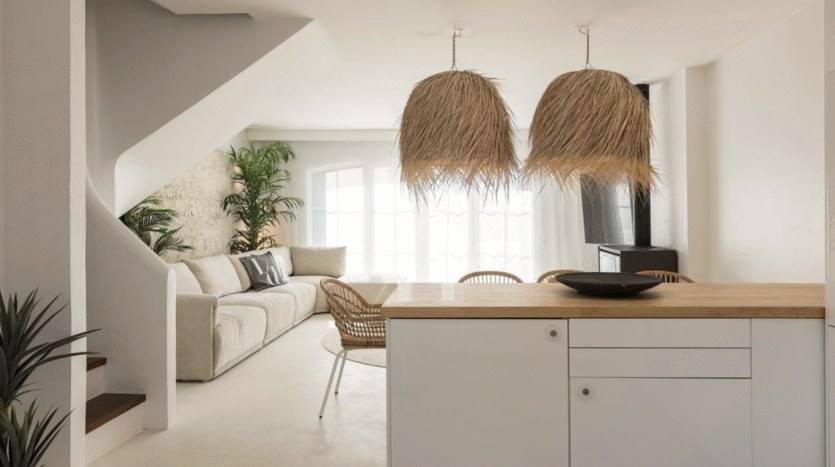Why D7 and D8 Visas Are Making Algarve Long Term Rentals More Popular
Over the last few years, Portugal has seen a surge in demand for long-term rental housing, much of it driven by the country’s expanding visa policies. Programmes such as the D7 and D8 visas have introduced a new category of foreign residents who require secure, long-term accommodation as part of their legal residency applications.
As visa rules continue to influence where and how people move, the rental market, especially in the Algarve and other coastal areas, is feeling the impact.
1. The D7 Visa and Its Role in Supporting Long-Term Rental Tenancy
The D7 visa, often referred to as the “passive income” visa, is available to non-EU citizens who can demonstrate a stable income derived from pensions, dividends, property income, or other non-employment sources. The minimum monthly income threshold is currently equivalent to the Portuguese minimum wage (approximately €870 per individual), though applicants are typically advised to show higher amounts depending on household size.
One of the visa’s key requirements is proof of accommodation, most commonly in the form of a 12-month rental lease. As a result, this visa has created a dependable segment of renters actively seeking long-term housing. Property owners, in turn, have responded by offering lease structures tailored to visa criteria, often including official documentation and flexibility around contract dates to support application timelines. Source: remotelifept
2. The D8 Visa and the Growth of Remote Worker Tenancies
The D8 visa, also known as the digital nomad visa, is aimed at people working remotely, either for a foreign company or as freelancers.. The programme requires a higher monthly income threshold, currently set at approximately €3,280 per applicant, and, like the D7, also requires a formal long-term lease as part of the application process.
This visa has created a new group of long-term renters, particularly in urban centres and resort towns where co-working infrastructure is present. Tenants under the D8 programme are typically younger, professionally active, and seeking furnished, high-speed internet-equipped rentals. For property owners and managers, this tenant profile has influenced how rentals are marketed and outfitted, often resulting in upgraded interiors, faster Wi-Fi and layouts that make it easier to work from home.
3. Post-Golden Visa Environment and Residual Market Influence
Although Portugal’s Golden Visa programme which allowed residency through property investment ceased including real estate as a qualifying investment in 2023, its effects are still being felt in the rental market. Many properties initially purchased under the Golden Visa scheme remain in the long-term or mid-term rental pool, particularly in regions like Lisbon, Porto, and the Algarve.
Additionally, former Golden Visa applicants are now transitioning to the D7 or D8 programmes and are once again participating in the long-term rental market. This has kept pressure on supply in high-demand areas, while maintaining a flow of high-quality, residency-compliant properties for new applicants.
4. Impact on Housing Supply and the Local Market
The growing number of visa applicants seeking rental accommodation has placed upward pressure on housing demand particularly in cities and towns popular among expats. Reports, including coverage by Reuters, have highlighted how this demand can sometimes constrain availability for local residents, especially when long-term leases are signed just for visa purposes and the homes stay empty.
In response, municipal authorities and housing policymakers are reviewing legislation aimed at balancing supply and demand in busy areas. Initiatives include tighter monitoring of unoccupied rental properties linked to visa applications and encouraging landlords to keep properties lived in, rather than left empty just for paperwork. While challenges remain, these steps mark the beginning of a more coordinated approach to aligning immigration-driven demand with local housing availability.
5. The Role of Visas in Shaping Rental Dynamics
D7 Visa:
- Monthly income requirement: ~€870 (or higher)
- Accommodation requirement: 12-month lease
- Typical tenant profile: Retirees, passive income holders
D8 Visa:
- Monthly income requirement: ~€3,280
- Accommodation requirement: 12-month lease
- Typical tenant profile: Remote workers, freelancers
Former Golden Visa:
- Monthly income requirement: Property ownership (no longer accepted)
- Accommodation requirement: Property held, often now rented
- Typical tenant profile: Former investors, switching to D7/D8
These visa programmes are increasingly influencing how landlords structure leases, how properties are marketed, and even how interiors are designed. The long-term rental market in Portugal has become more structured and internationally recognised.
Conclusion
Portugal’s evolving visa framework has not only encouraged foreign residency but has also helped bring more structure and reliability to the rental market. As programmes like the D7 and D8 continue to attract new residents, property owners and managers have adapted by offering rental terms and features that fit visa rules and what tenants are looking for.
For individuals relocating to Portugal and searching for property, long-term renting in the Algarve remains the most practical and compliant first step before pursuing ownership.



